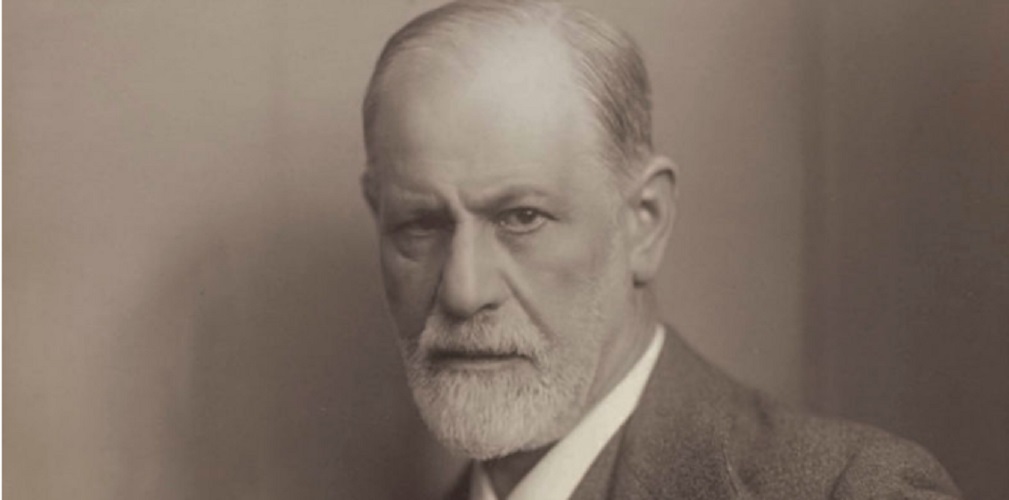What is tolerance?
We explain what tolerance is and how this value was developed in history until it reaches the concept of tolerance today.
-
What is tolerance?
Tolerance is the respect and acceptance of others’ opinions, beliefs, feelings or ideas , even when they differ or are antagonistic to their own.
Therefore, tolerance is a broad concept that means accepting and respecting oneself and then others , regardless of social status, the religion to which they adhere or the ethnic group to which they belong. To practice tolerance it is necessary to listen to those who think and feel differently, appreciating their point of view.
Tolerance is considered a matter of morality and life in society , since we live in pluralistic societies. That is why tolerance is considered a great virtue and a civic responsibility .
Tolerance is, for some, one of the pillars of a real democratic culture, since this enables greater integration and facilitates the construction of the foundations of a true identity of the peoples.
-
Tolerance in history

The notion of tolerance is something that is discussed since the ancient Greeks, the Romans and persists in our day. It is estimated that ancient civilizations tried to accept diversity without major problems .
In the case of the Romans the diversity of cults was not sanctioned and in addition political issues could be debated in the Senate with total freedom.
Tolerance was also a very important issue during the Enlightenment period . With the first edition of the Encyclopedia, a complete section dedicated to tolerance is published .
It was believed that tolerance was a matter of prudence, since intolerance means a constant battle against opinions. That is why fanaticism , whether for homeland or religion, among others, was condemned in this chapter.
The notion of tolerance was also addressed by Freud . The psychoanalyst defines intolerance as a “ narcissistic reflex ”, which should be treated as a social issue and not in a particular way, since it is a matter that affects society .
-
Tolerance today

Tolerance ceases to be only a topic related to ethics to also have a fundamental legal value when, from the formation of the first liberal states, the legal principles that supported them, had as their fundamental principle freedom and respect.
Tolerance today is fundamental in political and ethical aspects , in order to accept and respect, for example, the native peoples of our lands and give them the means of expression they require.
Tolerance, according to some positions, requires a distinction between right and wrong , good and evil. The evil, the lie or the wrong cannot be tolerated.
Tolerance must seek a supreme good, but in a correct way, that is why in this position the phrase ” the end justifies the means ” is not accepted . In addition, the defenders of this position argue that tolerance cannot be a mere theoretical fact but must be reflected in the actions .




